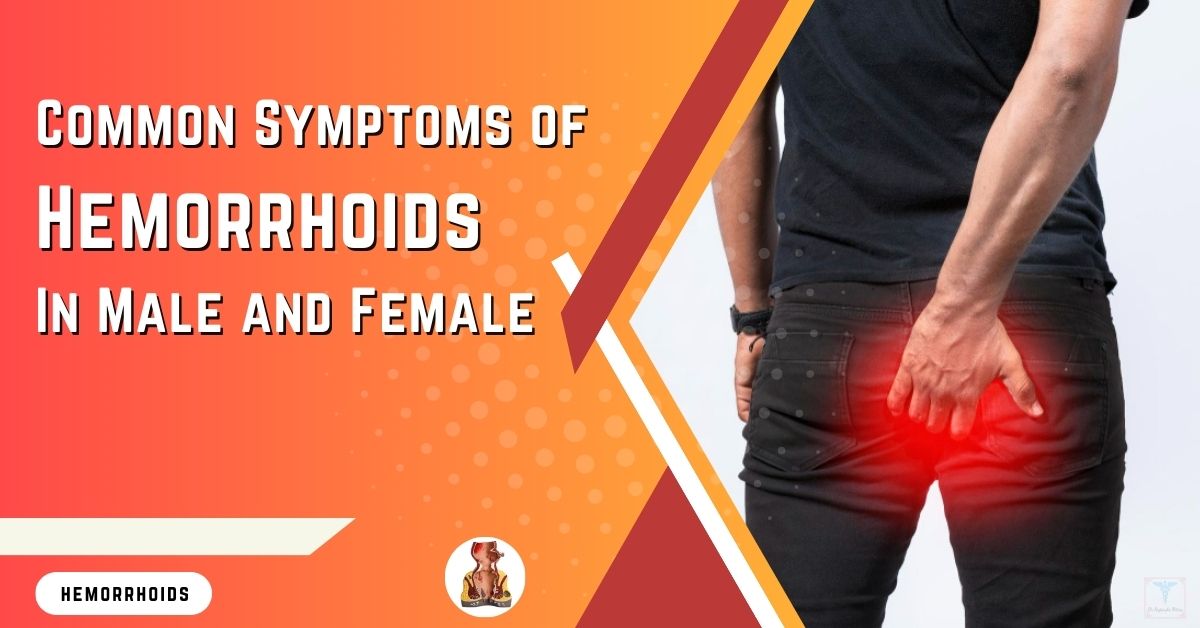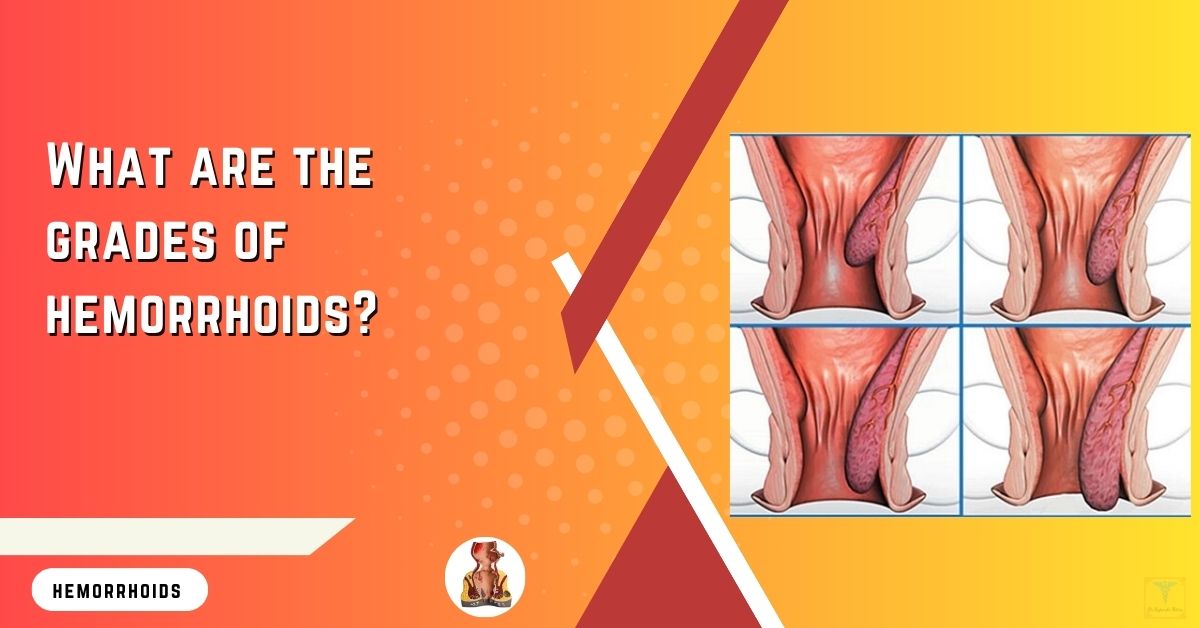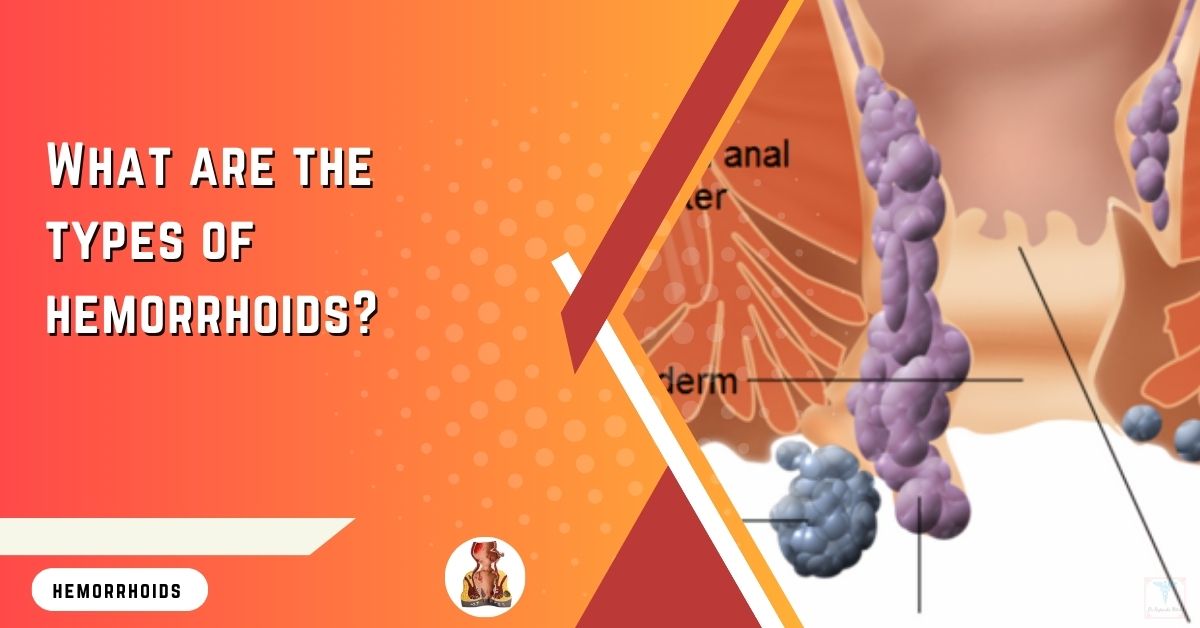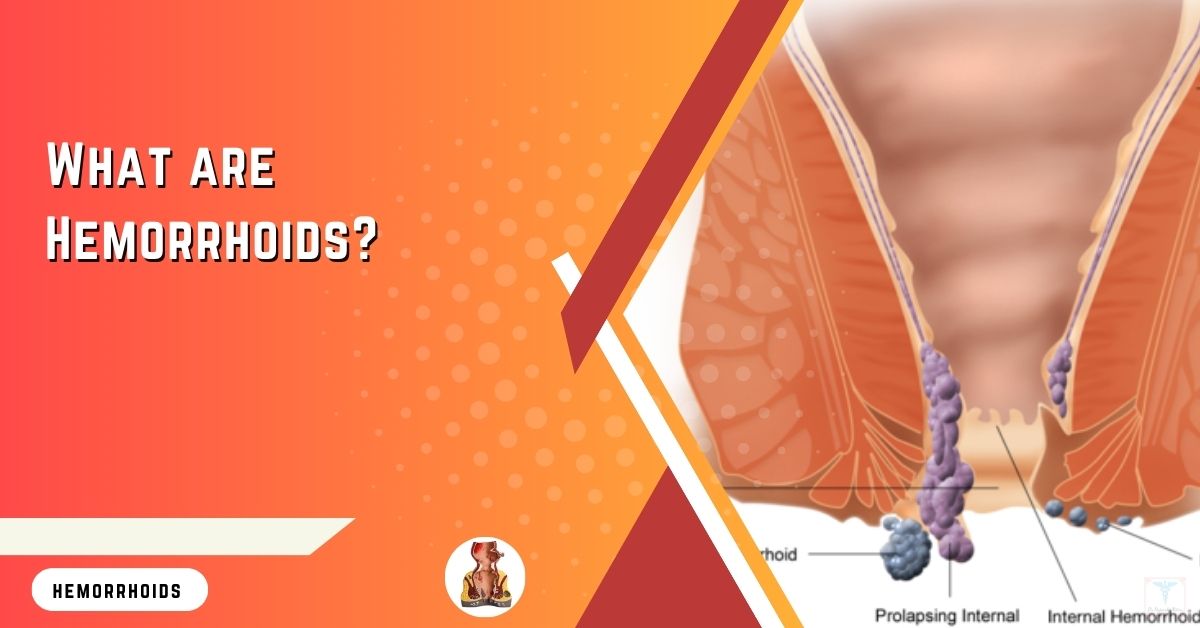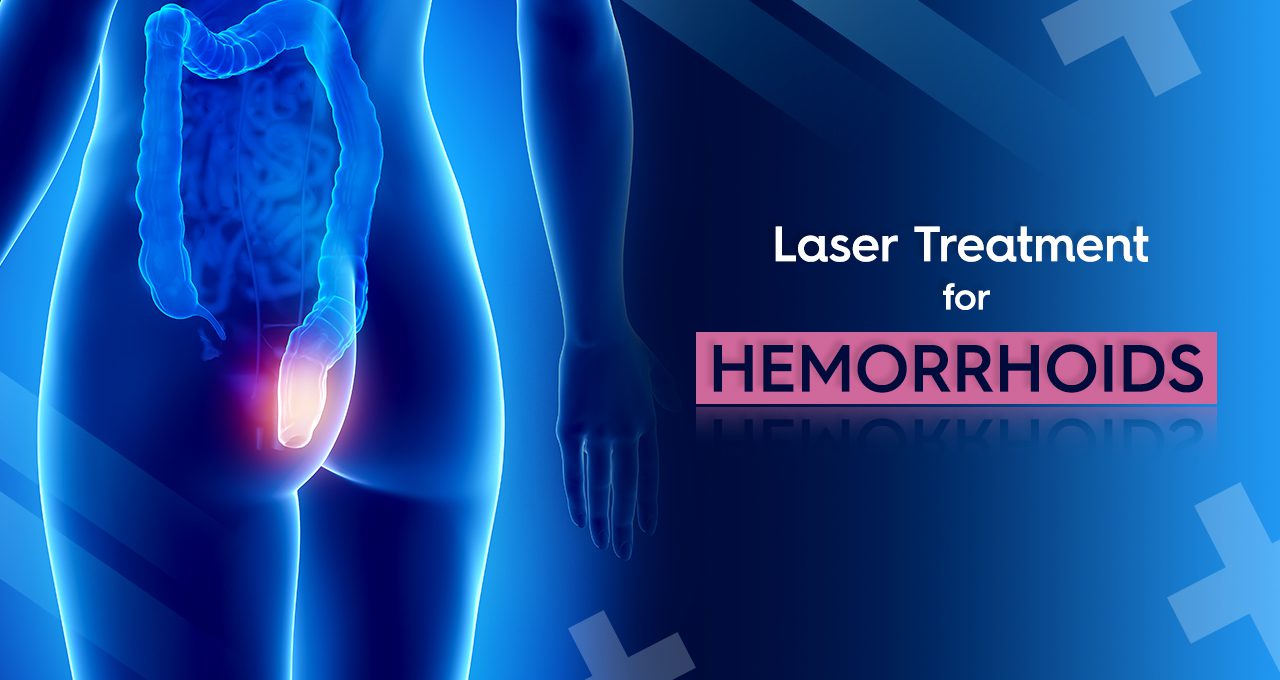Navigating the holy month of Ramadan comes with its unique set of challenges, especially when dealing with hemorrhoids. Your dietary habits and lifestyle undergo significant changes during this period. So, you must know the right way to manage hemorrhoids and fasting during Ramadan.
Understanding how these adjustments can impact your condition is crucial for maintaining comfort and health. This guide explores effective strategies to manage hemorrhoids through tailored dietary choices and lifestyle modifications specifically designed for fasting during Ramadan.
You’ll discover practical tips that not only address the discomfort associated with hemorrhoids but also enhance your overall well-being throughout this sacred time.
Hemorrhoids And Fasting: Quick Facts
- Embrace Healthy Eating Habits: During Ramadan, focus on consuming a balanced diet rich in fiber, fruits, and vegetables to manage hemorrhoids effectively and ensure overall well-being.
- Stay Hydrated: Increase your water intake during non-fasting hours to prevent constipation and alleviate hemorrhoid symptoms, which can be exacerbated by dehydration.
- Plan Your Suhoor and Iftar: Opt for meals that are nutritious and balanced, including complex carbohydrates and proteins, to maintain energy levels and support healthy digestion throughout the fasting period.
- Be Mindful of Constipation: Implement lifestyle modifications such as gentle exercise and dietary adjustments to prevent constipation, a common trigger for hemorrhoid discomfort during Ramadan.
- Understand Your Body’s Changes: Recognize how fasting affects your body composition, glucose homeostasis, and lipid profile, and adjust your dietary intake accordingly to maintain health.
- Consult Healthcare Professionals: If you’re experiencing severe hemorrhoid symptoms, consult with a healthcare provider for personalized advice tailored to your health needs during Ramadan fasting.

Impact of Fasting on Body Composition
Nutrition Importance
Proper nutrition during non-fasting hours is crucial. It prevents muscle loss. You need to focus on balanced meals after sunset and before dawn.
Eating the right foods ensures your body gets essential nutrients. This helps maintain muscle mass even when fasting. Remember, a balanced diet supports overall health, too.
Weight Fluctuations
Fasting often leads to temporary weight loss. This is mainly from losing water and glycogen, not fat. To manage this, drink plenty of fluids during non-fasting hours.
Balanced diet choices are key for stable body composition throughout Ramadan. They prevent drastic changes in your weight and energy levels.
Glucose Homeostasis During Ramadan Fasting
Energy Sources
Your body adapts to fasting by first using glucose stores. This happens in the early days of fasting. After these stores deplete, your body starts breaking down fat for energy.
Eating foods high in slow-releasing carbohydrates at Suhoor helps keep blood sugar levels stable. Examples include oats, whole grains, and legumes. These foods prevent spikes and drops in your glucose levels throughout the day.
Monitoring Health
It’s crucial to watch for signs of hypoglycemia during Ramadan, especially if you have diabetes. Symptoms include dizziness, sweating, and confusion. To manage this risk:
- Monitor your blood sugar more frequently.
- Consult with a healthcare provider about adjusting medication or insulin doses during fasting.
Remember that maintaining a balanced sugar intake is key not only for managing diabetes but also for overall health during fasting.
Lipid Profile Changes During Ramadan Fasting
Cholesterol Improvement
During Ramadan, your eating patterns change significantly. This can lead to potential improvements in cholesterol levels. Since you eat less frequently, your body has time to process fats more efficiently.
Eating healthy fats from nuts and fish during Suhoor or Iftar positively affects lipid profiles. These foods contribute to better cholesterol levels. They are rich in omega-3 fatty acids which are good for heart health.
Mindful Eating
However, it’s crucial to be mindful of what you eat at Iftar. High-fat, sugary foods can negate the benefits of fasting on cholesterol levels. Such foods can increase bad cholesterol and lower the good ones.
To maintain improved lab values, choose meals wisely during Ramadan. Opt for balanced dishes that include vegetables, lean proteins, and whole grains alongside healthy fats.
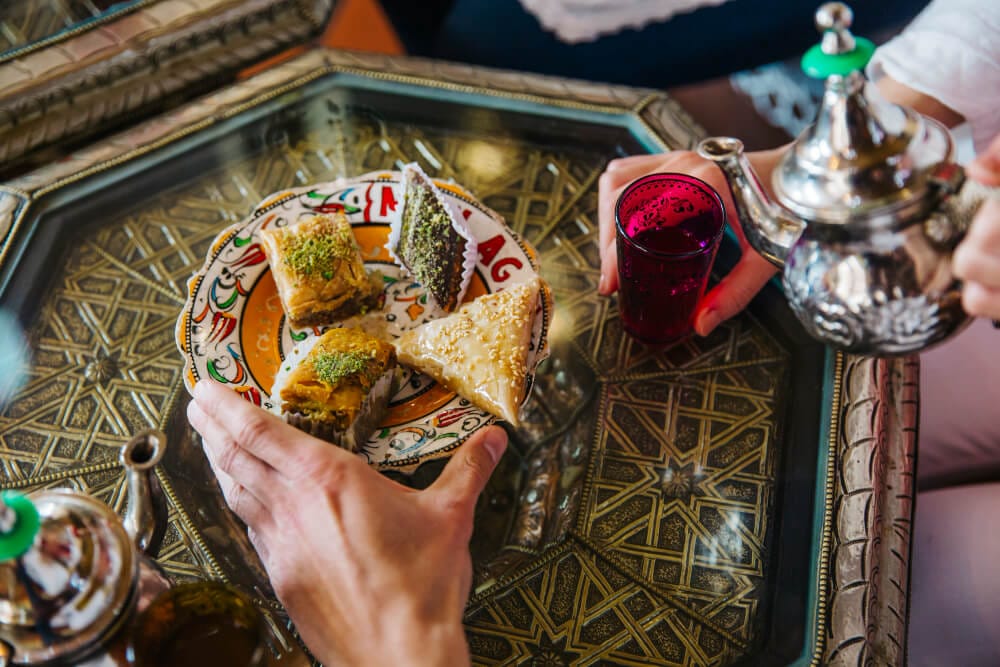
Develop Healthy Eating Habits During Ramadan
Fiber-Rich Foods
Eating fiber-rich foods is crucial during Ramadan. These foods help prevent constipation and support your digestive health. Examples include whole grains, legumes, fruits, and vegetables.
Adding these to your Suhoor (pre-dawn meal) and Iftar (meal at sunset) ensures a smoother digestion process. This practice aligns with dietary recommendations for a healthy diet during fasting periods. It reduces the risk of digestive discomfort throughout the day.
Limit Processed Foods
Limiting salty and processed foods helps manage thirst and bloating. Such items can increase dehydration risks, making fasting more challenging.
Opt for fresh food groups instead of canned or preserved options. This change in eating habits will not only assist in maintaining proper hydration but also contribute to overall health benefits during Ramadan.
Fruits and Vegetables
Incorporate various fruits and vegetables into your meals for essential vitamins and minerals. These food groups are key components of a healthy diet.
| Pros | Cons |
| Provide vital nutrients. | It may require time for preparation. |
| Help maintain energy levels. |
Fruits like dates are traditional for breaking the fast due to their natural sugars providing quick energy boosts. Vegetables add volume without excessive calories, supporting weight management goals while ensuring you receive necessary dietary fibers.
Managing Constipation While Fasting
Water Intake
To avoid constipation, increase your water intake during non-fasting hours. This helps maintain bowel regularity. Drink plenty of water between Iftar (evening meal) and Suhoor (pre-dawn meal).
Staying hydrated is crucial for your gastrointestinal system. It ensures smooth digestion and prevents symptom flares in fasting patients, including those with chronic conditions like GERD.
Whole Grains
Include whole grains in your Suhoor for fiber and sustained energy. Foods like oatmeal, whole grain breads, and brown rice are great options.
Whole grains help prevent constipation by promoting a healthy movement of stomach contents through the digestive tract. They are essential for fasting patients seeking to manage their dietary needs effectively.
Light Activity
Engage in light physical activity, such as walking after Suhoor or Iftar. Exercise stimulates digestion and can aid in maintaining regular bowel movements.
Light exercise not only assists with managing constipation but also supports overall well-being during Ramadan by enhancing blood circulation throughout the body, including the gastrointestinal system.

Hydration and Nutrition During Ramadan
Water Intake
To prevent dehydration, it’s crucial to drink plenty of water between Iftar and Suhoor. Aim for at least 8 glasses. This helps your body stay hydrated during the long fasting hours.
Drinking enough water also supports digestion. It can reduce the risk of constipation discussed earlier. Avoid drinking large amounts all at once. Spread it out to maximize absorption.
Balanced Meals
Your meals should be well-balanced with carbohydrates, proteins, and healthy fats. For instance, include whole grains, lean meats or legumes, and nuts or seeds in your diet.
A balanced diet maintains energy levels throughout the day. It ensures you’re getting essential nutrients while fasting.
Limit Caffeine
Caffeinated drinks can increase urine output, leading to dehydration quicker than usual. Avoid coffee, tea, and sodas during non-fasting hours as much as possible. Instead of caffeinated beverages:
- Opt for herbal teas.
- Drink more water.
- Try natural fruit juices without added sugars.
These alternatives keep you hydrated without the negative effects of caffeine.
Balanced Suhoor and Iftar Meals
Start Iftar Right
To break your fast, begin with dates and water. This follows the Sunnah and helps your body to rehydrate. After that, move on to the main meal.
Dates are rich in nutrients. They provide a quick energy boost. Water supports hydration after a day of fasting.
Suhoor Choices
For Suhoor, opt for complex carbohydrates like oats. These give you long-lasting energy until dusk.
Including lean proteins is also wise. They help maintain muscle mass during Ramadan.
Protein Sources
Lean protein sources should be part of both meals. Examples include chicken, fish, and lentils.
Proteins aid in muscle maintenance and repair. They also make you feel full longer.
Incorporating these dietary changes can support your health during Ramadan. Compared to regular days, your dietary intake needs careful planning during this month.
Remembering these recommendations may improve sleep quality, too. A balanced diet supports better rest at night.
Balanced meals ensure you get essential nutrients without becoming overweight. Maintaining weight is easier when meals are planned with care. Dietary changes like these not only benefit you during Ramadan but can promote healthier habits for life.
Final Note From Dr. Rajarshi Mitra
Understanding the interplay between fasting during Ramadan and managing hemorrhoids involves a holistic approach that includes dietary changes and lifestyle modifications. Your journey through this period can be smoother by focusing on healthy eating, ensuring balanced suhoor and iftar meals, maintaining hydration, and addressing constipation proactively.
These strategies not only support your spiritual commitment but also promote better health outcomes, including improved body composition, glucose homeostasis, and lipid profiles. It’s essential to listen to your body’s signals and adjust your diet and activities accordingly to manage the symptoms of hemorrhoids effectively.
As you observe Ramadan, remember that the choices you make regarding your nutrition and lifestyle have a significant impact on your overall well-being. We encourage you to incorporate these recommendations into your daily routine for a healthier fasting experience.
Let this time be an opportunity for positive change, enhancing both your spiritual and physical health. Explore further guidance from healthcare professionals to tailor these suggestions to your individual needs.
FAQs
Can fasting during Ramadan worsen hemorrhoids?
Fasting itself does not directly worsen hemorrhoids. However, dehydration and constipation, common issues during Ramadan due to reduced fluid intake and dietary changes, can exacerbate hemorrhoid symptoms. It’s important to maintain hydration and consume a fiber-rich diet.
How can I manage constipation while fasting for Ramadan?
To manage constipation during Ramadan, focus on consuming high-fiber Suhoor meals such as whole grains, fruits, and vegetables. Also, ensure you drink plenty of water between Iftar and Suhoor to stay hydrated.
What are the best foods for Suhoor to avoid hemorrhoids?
For Suhoor, opt for foods rich in fiber like oats, barley, lentils, fruits (such as berries), and vegetables (like broccoli). These help maintain bowel health and prevent constipation which is crucial in avoiding aggravation of hemorrhoids.
Does fasting affect body composition during Ramadan?
Fasting during Ramadan can lead to changes in body composition if not managed properly with balanced nutrition. Slight weight loss may occur, but maintaining muscle mass requires adequate protein intake at Suhoor and Iftar, along with moderate physical activity.
How does fasting impact glucose homeostasis?
During the fasts of Ramadan, glucose levels are initially maintained through glycogenolysis but eventually shift towards gluconeogenesis using amino acids from muscle breakdown or glycerol from fat stores. Proper nutrition at meal times helps stabilize these processes, ensuring energy balance throughout the day.
Are there any changes in lipid profile due to fasting in Ramadan?
Yes, studies have shown that fasting during Ramadan can lead to significant changes in lipid profiles, including reductions in LDL cholesterol levels and triglycerides, while potentially increasing HDL cholesterol levels when combined with healthy eating habits.
Dr. Rajarshi Mitra is a patient-centered, highly-rated Specialist Laparoscopic Surgeon & Proctologist in Abu Dhabi, offering Advanced Laparoscopic Surgery, Minimally Invasive Proctology & Lasers in Proctology. He is MBBS; MS (Surgery); FIAGES; FICS (USA); Dip. Lap (France); and Dip. Hernia (APHS) with 18 years of extensive experience in Laparoscopic Surgery, Minimally Invasive Proctology and Fellowship training in Colorectal and Bariatric Surgery.







